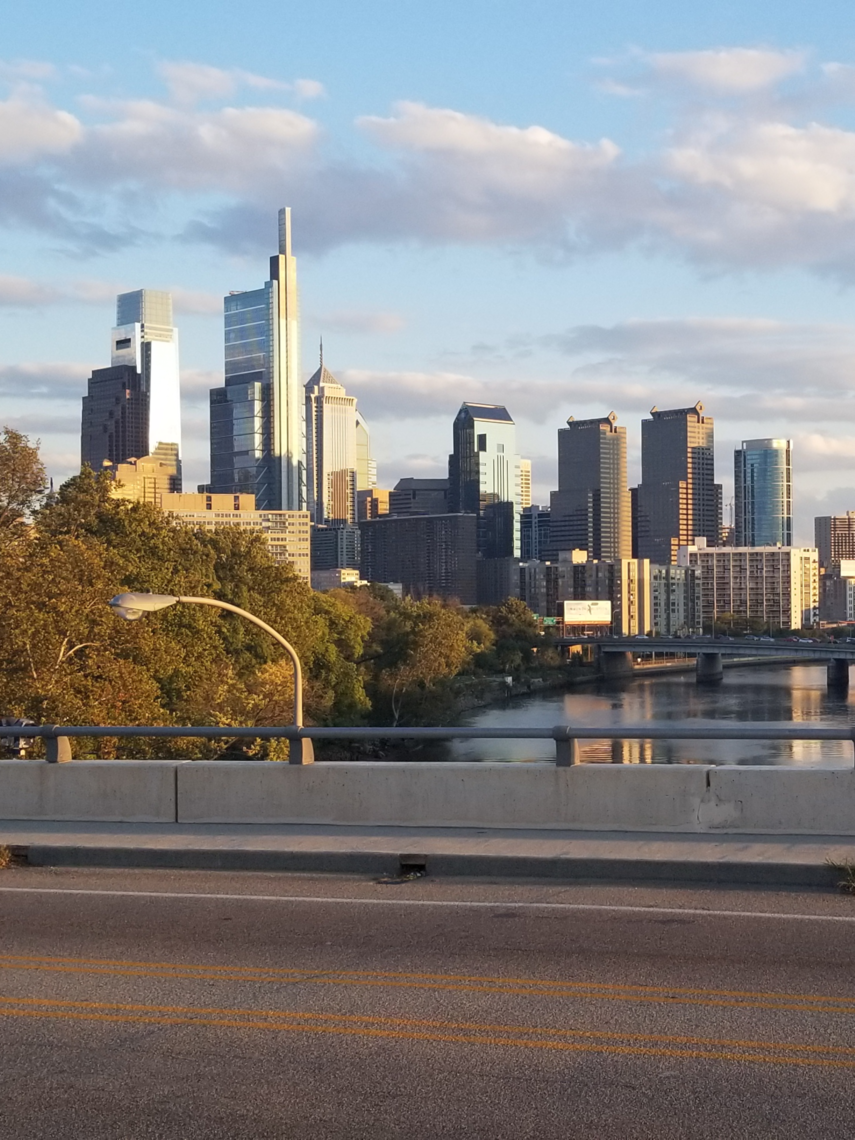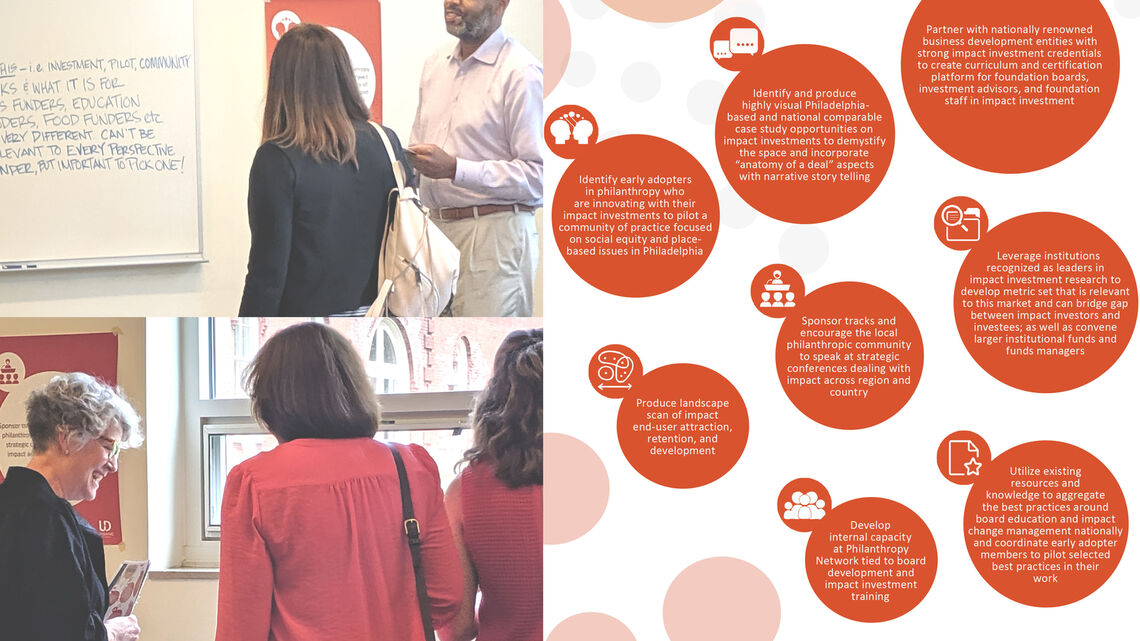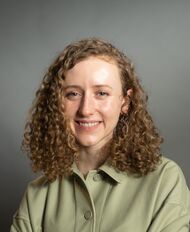Philadelphia Impact Investing Ecosystem
What could happen if the full potential of impact investing was unlocked in Greater Philadelphia? To begin to answer this question, we first had to understand the contours of the current landscape, including its varied definitions, myriad actors, and its challenges - to arrive at its possibilities.

OVERview
In July 2018, Philanthropy Network Greater Philadelphia engaged Urbane through a grant from The Barra Foundation to assess the impact investing ecosystem in the Philadelphia area.
Philanthropy Network Greater Philadelphia and The Barra Foundation
2018-2019
Data Capture and Analysis
Mixed Method Research
Stakeholder Convening
Action Plan Development
Trust Transforms: Ownership
SYNOPSIS
A scan of the impact investing landscape involved identifying current and potential investors, determining whether impact investment was part of their portfolio, and examining how these investments are defined and quantified. The team gathered information on the types, dollar range, targeted social purposes, and targeted geographies of impact investments that have been made in the past and of impact investments that foundations, angel investors, intermediaries, and others want to make in the future. Philanthropy Network wanted to focus particularly on the unique role that foundations might play in this emerging ecosystem.
The research uncovered a lack of understanding of the complex network of stakeholders engaging in impact investing in the Philadelphia region, including stakeholders currently involved – and those who would like to be – and their respective roles in this space moving forward. A lack of shared definitions around frequently utilized impact investing terms creates an additional layer of complexity. These barriers hamper coordination and cooperation among interested actors within the impact investment space.
Through a series of interviews, roundtables, and a short survey collectively reaching 52 individuals from 46 organizations, Urbane Development gathered input from key stakeholders in the Philadelphia region who are involved (or want to be involved) in impact investing in order to better understand their priorities, needs, and challenges and to identify key opportunities to facilitate further impact investments in the region. The engagement culminated in a final presentation and executive summary – which can be viewed here – outlining key recommendations and action steps to increase the philanthropic community’s commitment to impact investments in the region.

After the completion of the project and based directly on Urbane’s recommendation, Philanthropy Network convened the Philadelphia Mission-Aligned Investing (MAI) Collaborative, a 12-month virtual community of practice of local foundations and endowments seeking to shift their investment capital (or corpus) using a racial equity lens. The MAI Collaborative’s first program-related investment was with a black-owned and -led Philadelphia development company, Ujima Developers and its Thrive Village, a food and health justice mixed use project. The MAI Collaborative invested $600,000 of concessionary debt, generating impact around healthy-living and wealth-building in the West Parkside neighborhood of Philadelphia. Urbane acted as development consultant and advisor on the project, leading the financial modeling and structuring of the project.


